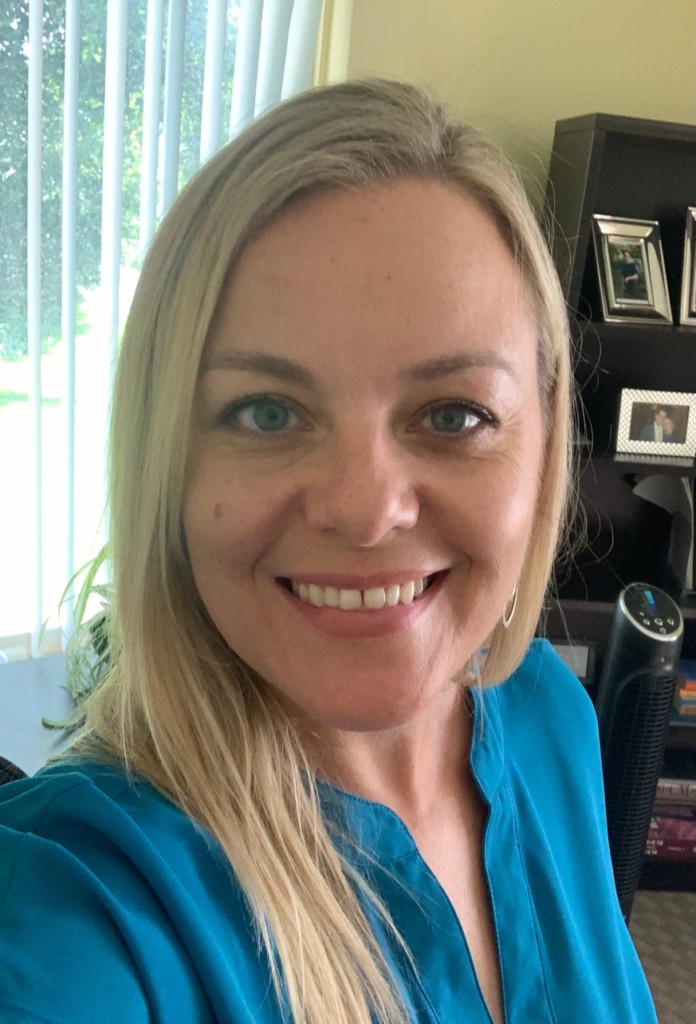“Supportive housing provides that extra level of support that allows people remain independent in their communities.”
RISE Housing and Support Services is expanding our agency with the development of two new supportive housing programs, the first one, Dominic Hollow, is currently under development in Ballston Spa and the other one is planned for the future in Corinth. Supportive housing provides affordable housing and support services to individuals with mental health concerns, substance use disorders, physical disabilities, and a range of other life challenges. As we move forward with these projects, Executive Director, Sybil Newell, shares why supportive housing is important to our communities, to our agency, and to her personally.
 Supportive housing is so important because it provides that extra level of support that allows people remain independent in the communities where they live, volunteer, work, and have families and friends. RISE has been a supportive housing provider in Saratoga for the past 30 years, and we have seen that this program model is successful at helping people maintain their stability and well-being over long periods of time.
Supportive housing is so important because it provides that extra level of support that allows people remain independent in the communities where they live, volunteer, work, and have families and friends. RISE has been a supportive housing provider in Saratoga for the past 30 years, and we have seen that this program model is successful at helping people maintain their stability and well-being over long periods of time.
The level of care provided by supportive housing is a vital service to the community, but it isn’t always well received by people who don’t have a good understanding of what it really is. It’s important to dispel some of the fears and misconceptions surrounding mental health conditions and replace them with the reality that people living in supportive housing are like anyone else; they have the same joys, fears, talents, and problems as any other person in the neighborhood, they just have the additional challenges of a mental or physical disability.
“Most people with mental health conditions are not dangerous and are more likely than others to be victims rather than perpetrators.”
It is often assumed that people with psychiatric disabilities are disruptive or dangerous, and while it is true that some people with mental health conditions can exhibit disruptive behavior if they aren’t doing well, most do not. The important reality is that most people with mental health conditions are not dangerous and are more likely than others to be victims rather than perpetrators.
People who are appropriate for supportive housing require minimal support, are independent, and can successfully care for themselves. They work, go to school, can drive, have friends, volunteer, and engage in community activities. Typically, the only support they require is to have someone check in with them on a regular basis, help them problem solve, or to remind them to utilize their coping skills when their symptoms increase.
As an agency we hope to increase our capacity to provide safe, stable homes and support services to individuals, including elderly adults, who need the financial and personal assistance supportive housing provides.
“Providing supported housing, especially to the elderly, is very important to me personally.”
Providing supported housing, especially to the elderly, is very important to me personally. When I was a child, I lived with my grandmother who had a psychiatric disability in a very rural area. Life was challenging for both of us because she was trying to raise me, maintain our home, and manage her mental health all on her own in an area where community resources were extremely limited. Life was chaotic as she struggled with caring for herself and for me as a young child; but living with my grandmother kept me out of foster care and I’m grateful that she was willing to take me in.
Eventually, she was able to move into supported housing and get the support she needed to be able to manage it all. Supported housing helped her get a home health aide, assisted her in managing her medications, and provided the financial assistance to be able to afford a decent place to live. As I got older, I was concerned about going to college and leaving her alone, but thankfully, being in supported housing enabled her to take care of herself, which gave me the peace of mind to go to college knowing she would be safe.
“Supportive housing often results in a reduced use of crisis services, resulting in about $6,000 in annual savings per person.”
The financial assistance that supported housing provides is vital for individuals with mental health challenges and limited incomes to be able to remain in their own communities where affordable housing is scarce.
 This however leads to another stereotype that needs to be addressed: that supported housing is expensive and costly to taxpayers. Contrary to this belief, supportive housing often results in long-term housing stability, improved physical and behavioral health outcomes, and reduced use of crisis services such as emergency departments, homeless shelters, hospitals, nursing, and other long-term care facilities.
This however leads to another stereotype that needs to be addressed: that supported housing is expensive and costly to taxpayers. Contrary to this belief, supportive housing often results in long-term housing stability, improved physical and behavioral health outcomes, and reduced use of crisis services such as emergency departments, homeless shelters, hospitals, nursing, and other long-term care facilities.
According to a study by the Center on Budget and Policy Priorities (CBPP), on average, people offered supportive housing spent 23 percent fewer days in hospitals, had 33 percent fewer emergency room visits, and spent 42 percent fewer days in nursing homes, per year. These savings offset the cost of supportive housing, resulting in about $6,000 in annual savings per person. Savings that can be used to reinvest in the community.
There is much more education to be done, but as an agency we hope that RISE is a welcomed presence and is seen to be providing vital services to people who already reside in the communities we serve.
RISE is excited to be expanding and developing our supportive housing programs as it advances our mission to help people living with mental health, substance use, and other life challenges to remain safe and healthy in the community by providing both permanent housing and supportive services. New York state continues to be committed to supportive housing projects statewide in its effort to end homelessness. The Homeless Housing and Assistance Program (HHAC) affirms that with more than 50,000 units of supportive housing, New York continues to lead the nation in providing a permanent solution to homelessness.
We hope that as these projects are developed, they will become assets that add to the richness and vitality of our communities.
In 2021, RISE received capital funding through NYS Homes and Community Renewal (HCR) as well as capital funding and operational funding through NYS Office of Mental Health (OMH) and additional operational money through the Empire State Supportive Housing Initiative (ESSHI) and to build and operate the Dominic Hollow Apartments in Ballston Spa. It will be a mix of transitional and permanent supportive housing apartments available to individuals with psychiatric disabilities, as well as affordable or “workforce” apartments available to the general public.
RISE is currently in the process of developing a similar program in Corinth on land that has generously been donated to RISE by the Hudson River Community Credit Union. We hope that as these projects are developed, they will become assets that add to the richness and vitality of our communities.

